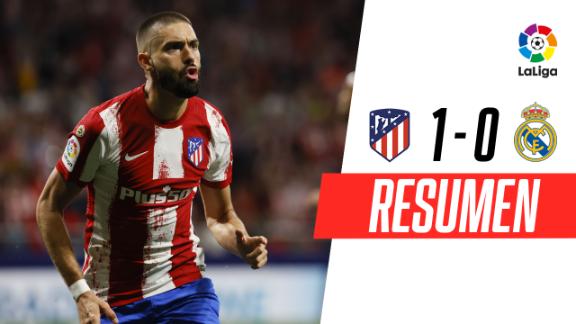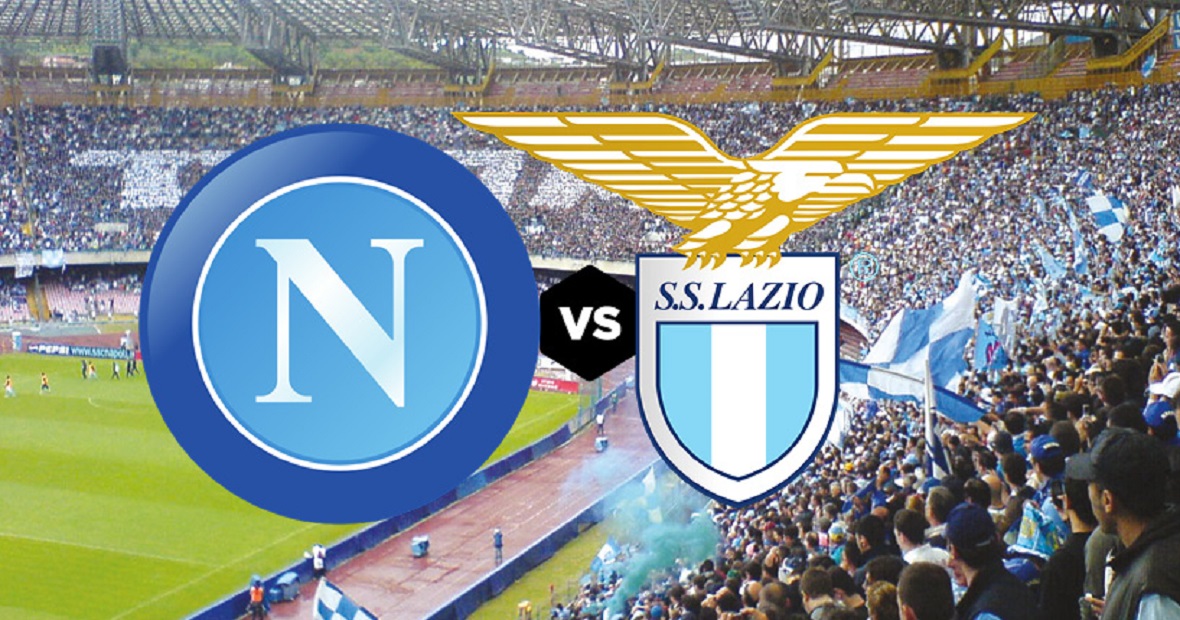Fiorentina: A Journey Through the History of the Purple Revolution
Por um escritor misterioso
publicado em dezembro/22/2024

Discover the rich history and achievements of fiorentina , one of Italy's most beloved football clubs. From its humble beginnings to legendary players and iconic moments, this article takes you on a journey through the purple revolution that is fiorentina .

The club's colors are purple and white, with purple being the dominant color and giving rise to their nickname 'La Viola' (The Purple). This distinctive color has become synonymous with fiorentina and is proudly worn by fans around the world.
fiorentina's journey began in the lower divisions of Italian football, but it didn't take long for them to make their mark. In 1931, just five years after their formation, they earned promotion to Serie A, the top tier of Italian football. This was a significant achievement for a relatively young club and set the stage for their future success.
Throughout the years, fiorentina has had several ups and downs, but they have always managed to bounce back. One of their most successful periods came in the late 1950s and early 1960s when they won two Serie A titles (1955-56 and 1968-69) and reached the final of the European Cup in 1957. Led by legendary manager Nils Liedholm and featuring star players such as Giancarlo Antognoni and Kurt Hamrin, fiorentina became a force to be reckoned with in Italian football.
The 1990s brought another golden era for fiorentina. Under the ownership of media mogul and former Italy Prime Minister, Silvio Berlusconi, the club reached new heights. They won the Coppa Italia three times (1995, 1996, and 2001) and finished as runners-up in Serie A in the 1998-99 season. This success was fueled by the talents of Gabriel Batistuta, Rui Costa, and Francesco Toldo, among others.
In recent years, fiorentina has faced some challenges on and off the pitch. Ownership changes and financial troubles have impacted the club's stability. However, their passionate fanbase remains loyal, and there is a renewed sense of optimism for the future.
fiorentina's home stadium is Stadio Artemio Franchi, which has a seating capacity of over 43,000 spectators. The stadium is known for its unique architecture and has hosted several important matches throughout its history.
The club's rivalry with Juventus is one of the most intense in Italian football. Matches between fiorentina and Juventus, known as the Derby d'Italia, are always highly anticipated and fiercely contested.
fiorentina's impact extends beyond the football pitch. The club is actively involved in various charitable initiatives and community projects. They have a strong commitment to social responsibility and strive to make a positive difference in the lives of their fans and the local community.
In conclusion, fiorentina's rich history and achievements have solidified their place in Italian football folklore. From their humble beginnings to legendary players and iconic moments, fiorentina has become an integral part of Florence's cultural fabric. Despite facing challenges along the way, their passionate fanbase continues to support them through thick and thin. The purple revolution that is fiorentina shows no signs of slowing down.




Napoli x Lazio - SoccerBlog
fiorentina, also known as ACF fiorentina or simply La Viola, is a professional football club based in Florence, Italy. Established in 1926, fiorentina has become one of the most successful and popular teams in Italian football history.The club's colors are purple and white, with purple being the dominant color and giving rise to their nickname 'La Viola' (The Purple). This distinctive color has become synonymous with fiorentina and is proudly worn by fans around the world.
fiorentina's journey began in the lower divisions of Italian football, but it didn't take long for them to make their mark. In 1931, just five years after their formation, they earned promotion to Serie A, the top tier of Italian football. This was a significant achievement for a relatively young club and set the stage for their future success.
Throughout the years, fiorentina has had several ups and downs, but they have always managed to bounce back. One of their most successful periods came in the late 1950s and early 1960s when they won two Serie A titles (1955-56 and 1968-69) and reached the final of the European Cup in 1957. Led by legendary manager Nils Liedholm and featuring star players such as Giancarlo Antognoni and Kurt Hamrin, fiorentina became a force to be reckoned with in Italian football.
The 1990s brought another golden era for fiorentina. Under the ownership of media mogul and former Italy Prime Minister, Silvio Berlusconi, the club reached new heights. They won the Coppa Italia three times (1995, 1996, and 2001) and finished as runners-up in Serie A in the 1998-99 season. This success was fueled by the talents of Gabriel Batistuta, Rui Costa, and Francesco Toldo, among others.
In recent years, fiorentina has faced some challenges on and off the pitch. Ownership changes and financial troubles have impacted the club's stability. However, their passionate fanbase remains loyal, and there is a renewed sense of optimism for the future.
fiorentina's home stadium is Stadio Artemio Franchi, which has a seating capacity of over 43,000 spectators. The stadium is known for its unique architecture and has hosted several important matches throughout its history.
The club's rivalry with Juventus is one of the most intense in Italian football. Matches between fiorentina and Juventus, known as the Derby d'Italia, are always highly anticipated and fiercely contested.
fiorentina's impact extends beyond the football pitch. The club is actively involved in various charitable initiatives and community projects. They have a strong commitment to social responsibility and strive to make a positive difference in the lives of their fans and the local community.
In conclusion, fiorentina's rich history and achievements have solidified their place in Italian football folklore. From their humble beginnings to legendary players and iconic moments, fiorentina has become an integral part of Florence's cultural fabric. Despite facing challenges along the way, their passionate fanbase continues to support them through thick and thin. The purple revolution that is fiorentina shows no signs of slowing down.

Beşiktaş Vodafone - Fenerbahçe Turkcell Kadın Futbol Süper Ligi 1. Hafta (1.Devre)

FINAL Lazio 1-2 Milan por la Serie A de Italia: estadísticas del partido
